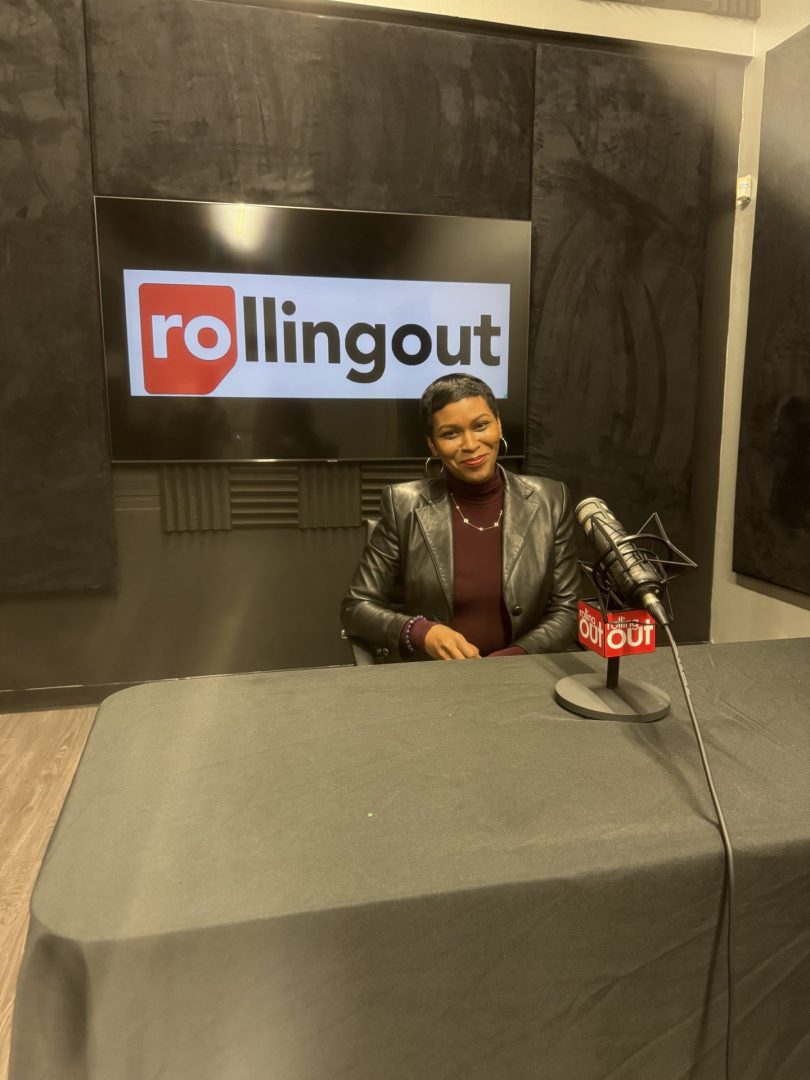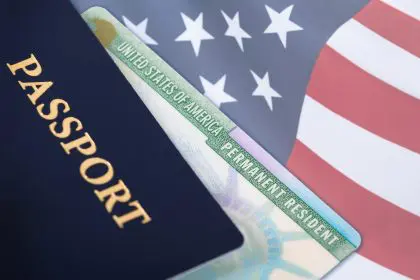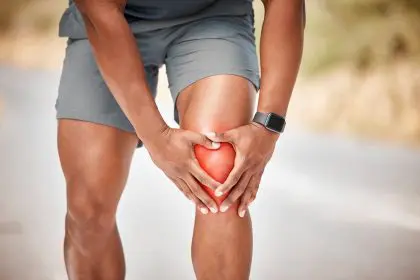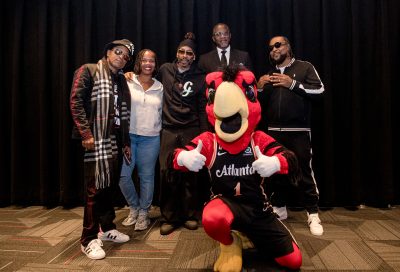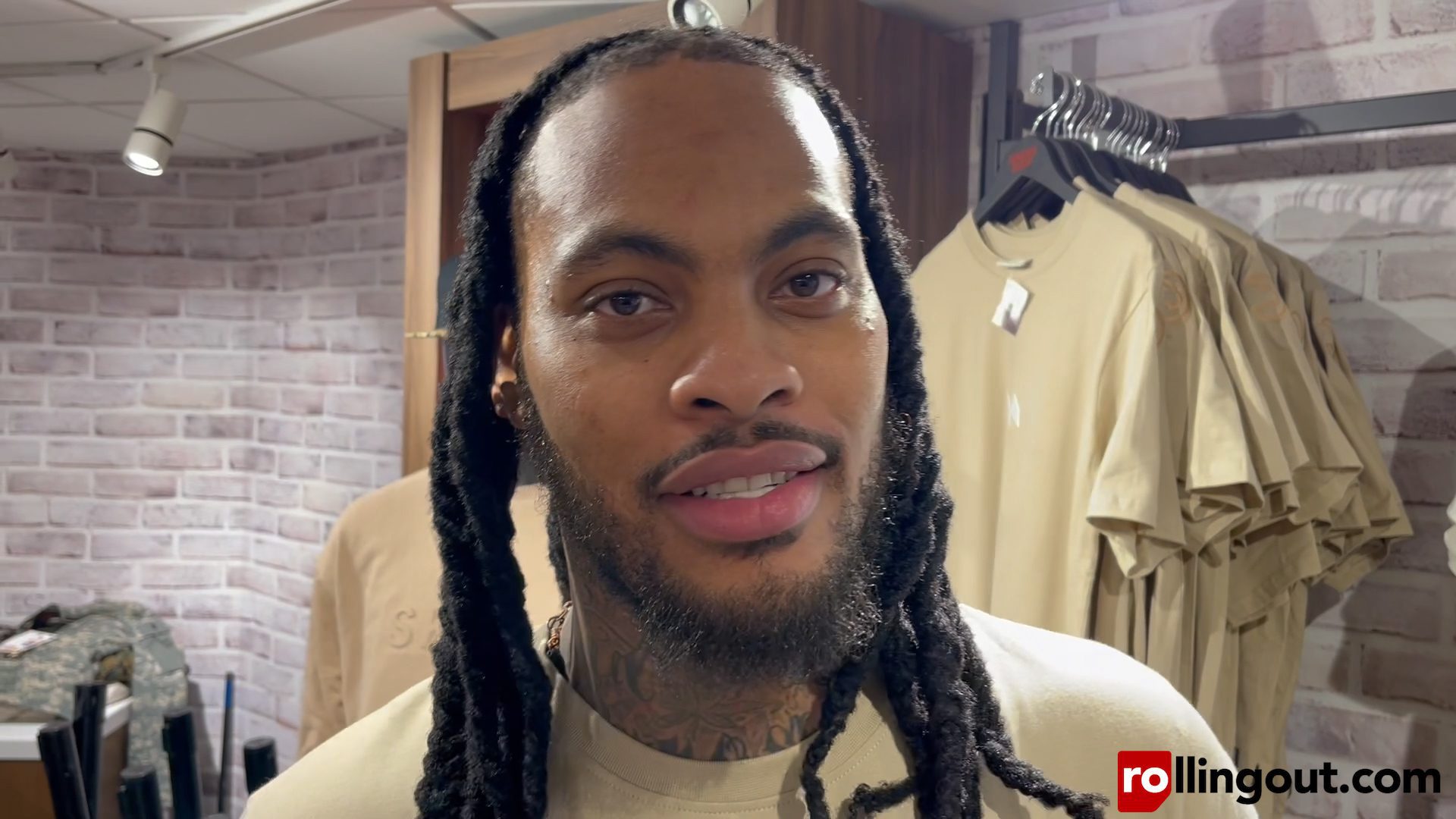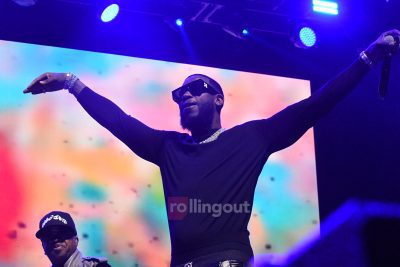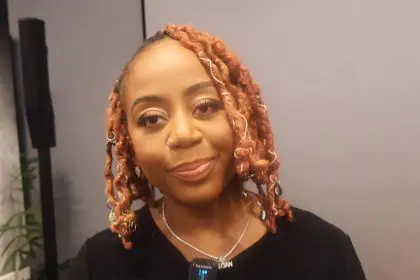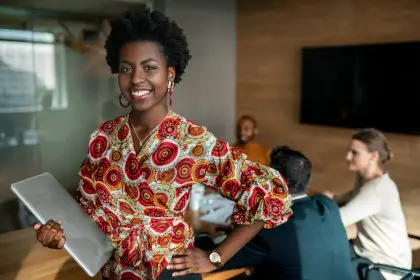Iesha Jeng has styled some of the biggest names in entertainment. She started her career with Mizay Entertainment, which was the home to Gucci Mane and his label artists like OJ Da Juiceman and Waka Flocka. After styling the biggest names in music, styling on red carpets and Met Galas, Jeng is now shifting her focus on women from her background. She stopped by the rolling out studios to discuss her fantastic career and her new career shift.
How did you get into your career in styling?
I didn’t pursue a career in styling — it kind of like fell in my lap. I was looking for a job to … take care of my family. My mentor, Debra Antney, is at a company called Mizay Entertainment. So that company, she saw the skill sets in me and created a wardrobe department for me to handle her Rolodex of clientele that she had at that time, which was Nicki Minaj, Waka, Gucci Mane and OJ Da Juiceman. That’s how I started: I didn’t look for it — it … looked for me.
How do you balance their personal style with expectations for the event or red carpet?
When working with clients, I like the individuality … infusing their vision and their true identity to their look. So, when working with red carpet looks … I always let the client’s personality … pursue their red-carpet look as a stylist.
What’s one of your most memorable moments in your career?
I’ve been in the industry since 2009. But my most memorable is where I started from. I started at Mizay Entertainment, which gave me all of my skill sets. So, my most memorable is just working on every project, seeing Nicki Minaj and Waka and Gucci come from this to become celebrities. My start is my most memorable. Out of everything that I have ever done, I never forget where I came from.
What is some advice for women to help boost their confidence?
I say, own it so it doesn’t matter. If you are wearing like a ten-dollar shoe or a thousand-dollar shoe, you still have to own that style. It doesn’t matter if you have the five-dollar shirt on or the two-thousand-dollar shirt on, you have to own it. Whoever you are is who you are. You dress for the moment; who you would like to be and what your career set. Envision yourself and be that person with your clothing. That’s how I look at it for women.
You are big on mental health and helping underserved women, especially from our community. Why?
Well, I have to say that I advocate in my life because, first of all, I am a woman that has experienced financial hardship and mental health issues as far as being depressed and just not feeling like things are going on or how it needs to go. So, I am an advocate for that. I put it into my daily work life because it’s just genuinely who I am. I’m very passionate about making sure that women understand that, no matter what you have going on and where you’re at, be it a shelter, or whatever it is that you can still pull yourself out of. But you have to make sure that you understand that wellness — what you eat, what you see, who you’re around — is very important to your healing process as far as helping other women.

